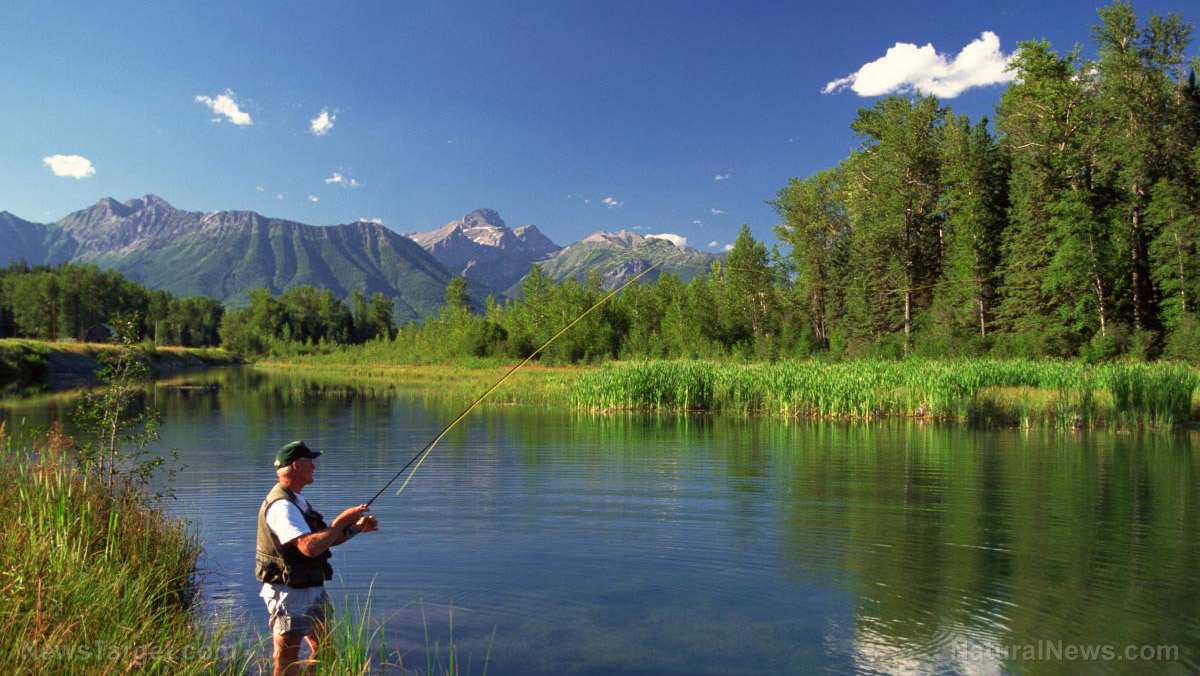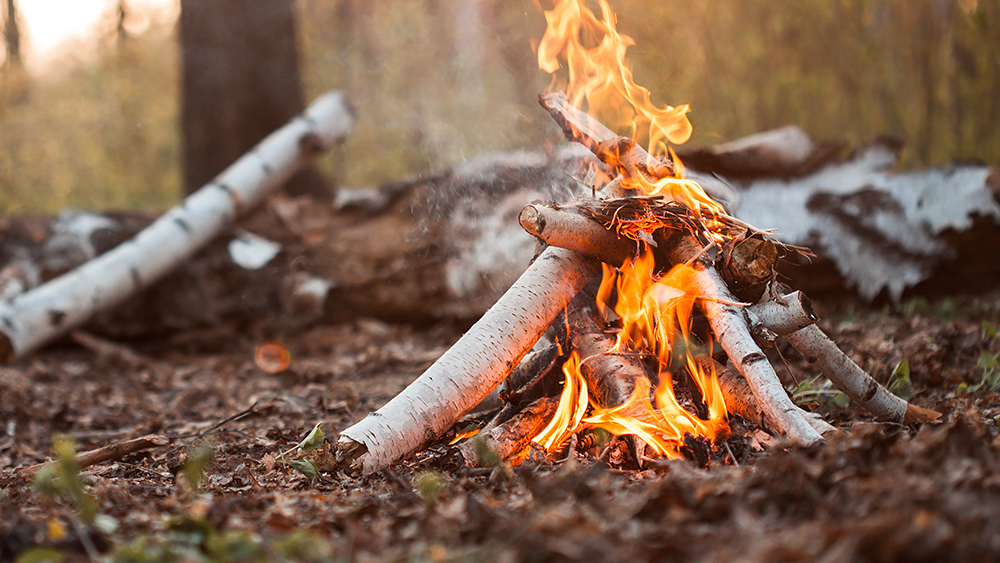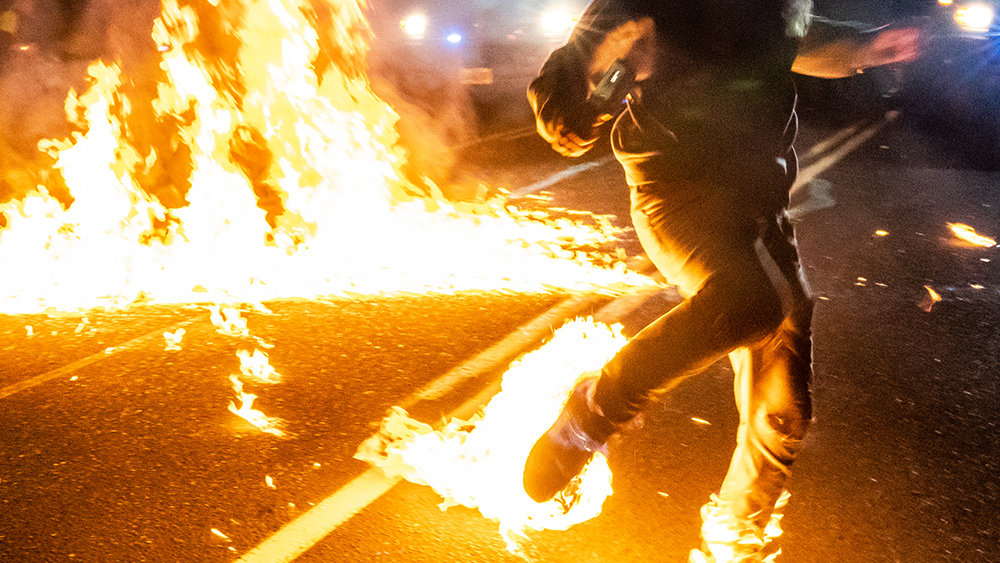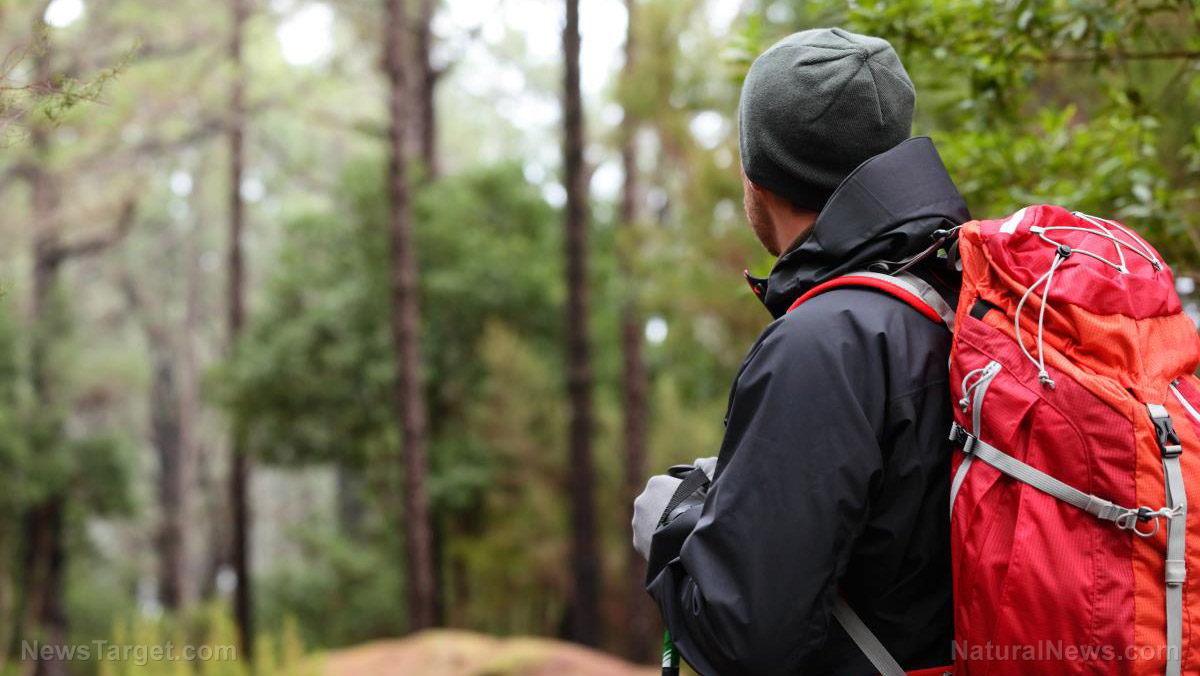
When traveling to distant locations, there is always a risk of getting lost in unfamiliar territory. If you find yourself stranded in the desert, your actions can easily mean the difference between life and death in this hostile environment. Here are five important prepping tips to remember to help you survive the desert. (h/t to DoomsdayMoose.com)
Keep other people informed of your travel plans
It pays to tell someone -- a close friend or family member -- where you're headed. Before setting off on your journey, make sure to let other people know where you are going, when you are leaving and when you are coming back. That way, if they don't hear from you by the time you're supposed to return, they can alert the proper authorities to look for you. Leave a detailed map of your travel route with a trusted friend or family member to make it easier for rescuers to find you in case you are stranded.
Do not leave your vehicle
If you are lost in the middle of the desert, it is highly unlikely that you got there by traveling on foot. Unless you are absolutely certain there are other people nearby and they are within a reasonable walking distance, it is much better for you to stay put in your car and wait for someone to rescue you. Your rescuers will have a much easier time locating a large vehicle than a person who is wandering around. It can also get extremely hot during the day and incredibly cold at night. A vehicle can provide much-needed shelter and protection against harmful natural elements.
Keep your body temperature cool during daytime
The temperature in the desert can get dangerously high during daytime, so it is vital that you maintain normal body temperature. This does not mean that you should remove your clothing. Even if it might feel slightly cooler to have the air brush your uncovered skin, you're still better off remaining fully clothed. Direct or indirect sun exposure can make it harder for your body to keep itself cool.
Manage your food and water consumption
Stay hydrated by drinking water, but take care not to consume your whole supply all at once. You might last three weeks without food, but you won't survive more than three days without water. Take care of your water supply so you can make it last for as long as possible. Remember: It is very difficult to find clean, potable water in the desert. You'll also want to eat as little as possible since eating will make you thirsty. Maintain minimum hydration by taking only small sips throughout the day. You'll know when to drink more water because your urine will have a darker color if you're dehydrated. (Related: A survivalist’s last resort: Is it safe to drink your urine when SHTF?)
Avoid heat exposure and dehydration
Conserve your energy and avoid unnecessary movements, such as talking. Sweating may help your body cool down, but you need to minimize the loss of body fluids more. If you can, try to limit your movements and breathe in controlled breaths. To prevent overheating, stay under a shade and avoid sitting directly on the hot sand. If you have no other choice, place something on the ground first before sitting down. Not only will this item protect your skin from direct contact with the hot sand, it will also shield you from any snakes or insects that may be nearby.
If you follow these helpful tips, you can greatly increase your chance of survival when you're stranded in the desert.
Sources include:
Please contact us for more information.





















